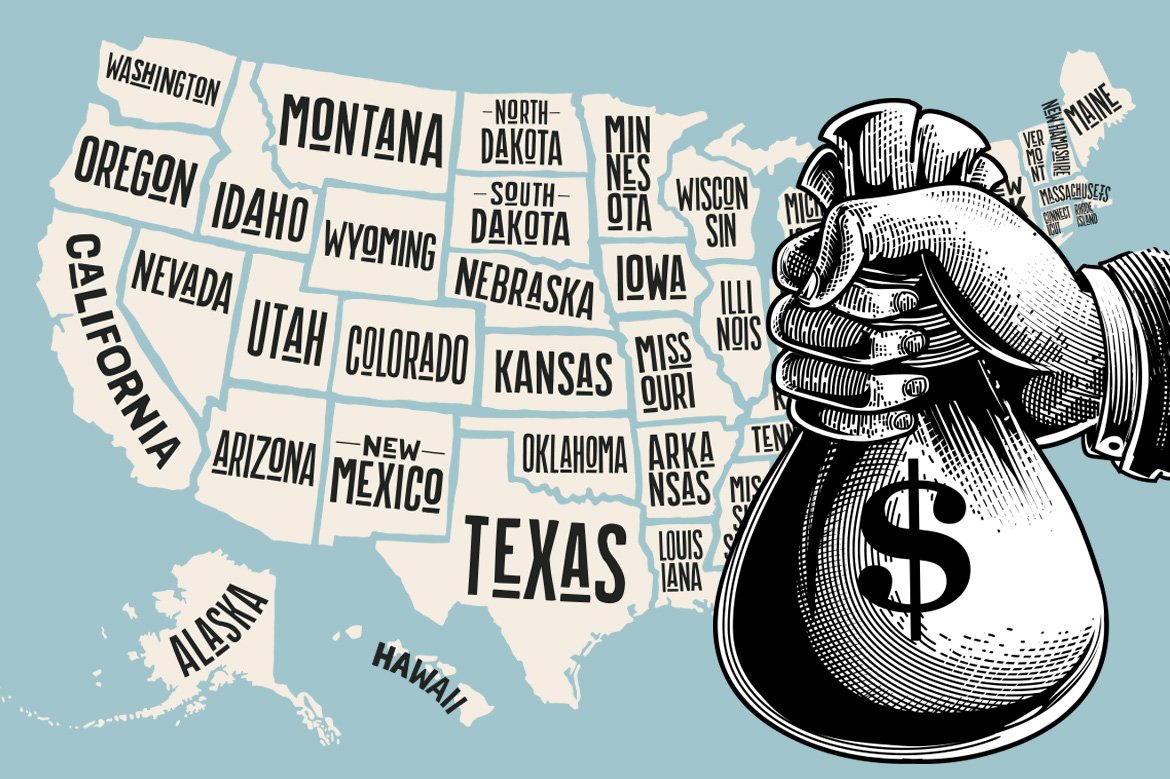Should You Apply for the Stabilization Grant?
How would you feel if you won $10,000 in the lottery?
Happy? Or sad because you will owe several thousand dollars more in taxes?
You should be happy! It’s not how much you owe in taxes at the end of the year that is important. Rather, it’s how much money you have in your pocket after you pay your taxes.
Family child care providers have had the opportunity to apply for the federal Child Care Stabilization grant over the past few years as well as the current year. If you haven’t yet applied for this federal grant, you should do so. This is because you are always better off financially when you receive a grant. It’s like winning the lottery!
Sometimes providers are confused about the grant application process or don’t know how to answer some application questions. Sometimes providers don’t apply because they think they are not eligible. Or some other reason.
I strongly recommend that providers should apply for any and all grant opportunities. If you can’t get help in filling out the application, do you best and apply anyway, even if you are not sure if you are eligible. You can’t get a grant if you don’t apply.
What are the tax consequences of receiving the Stabilization grant?
In all cases this grant must be reported as income on your federal tax return. If you are self-employed, report this income on your Schedule C. It’s business, not personal, income. Note: Your state may say that grant money is not subject to state income taxes. If so, it would still be subject to federal income taxes and Social Security/Medicare taxes when reported on Schedule C.
You may or may not receive an IRS Form 1099 from your state reporting how much you received in grants for the year. You still must report grant money as income even if you don’t receive this form.
Report the grant as income in the year you receive it. If you received $5,000 in December 2021, report $5,000 as income on your 2021 tax return. If you spent this money on items used exclusively for your business in 2022, you can claim a $5,000 deduction on your 2022 tax return.
The tax benefit of the Stabilization grant
You are always better off financially if you do receive a grant. This is true even though it’s taxable income. That’s because you will never pay more than probably 30-40% of the grant in federal and state taxes. In other words, you will always end up with more money after paying taxes on any grant. Therefore, never turn down a grant!
Examples
If you got $2,000 in a grant and spent $2,000 on supplies or toys or other items used exclusively for your business, you could deduct the full $2,000. As a result, you would owe no taxes on the $2,000.
If you got $2,000 in a grant and spent $2,000 on supplies or toys used by your business and your own children, you could not deduct the full $2,000. Instead, you could deduct the business portion of the $2,000, which would be your Time-Space Percentage. If this percentage was 30%, you could deduct $600 as a business expense ($2,000 x 30% = $600). You would owe taxes on the difference of $1,400. But, if you were in a high tax bracket of 40%, you would owe $560 in taxes. That would leave you with $2,000 worth of supplies or toys that cost you $560. Still a deal.
You could take the $2,000 in a grant, pay yourself all of the money, and not spend any of it on items for your business. In this situation you would pay taxes on $2,000. You would owe maybe $600 ($2,000 x 30%) or $800 ($2,000 x 40%) in taxes, and have $1,200 or $1,400 left over after paying the taxes.
Note: Any money you may have received from the Small Business Administration (SBA) Paycheck Protection Program (PPP) or the Economic Injury Disaster Loan (EIDL) programs are not taxable income.
Conclusion
If you have the opportunity for you to receive the Stabilization grant, take it! You will always be better off financially if you do.
Tom Copeland - www.tomcopelandblog.com
Image credit: https://californiahealthline.org/news/everything-you-need-to-know-about-block-grants-the-heart-of-gops-medicaid-plans/

